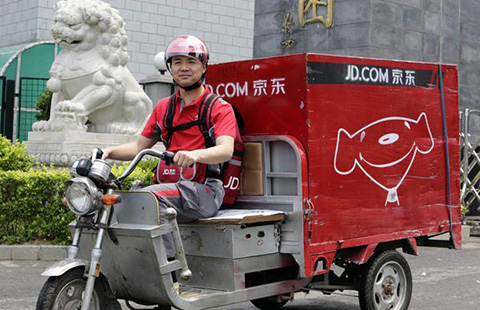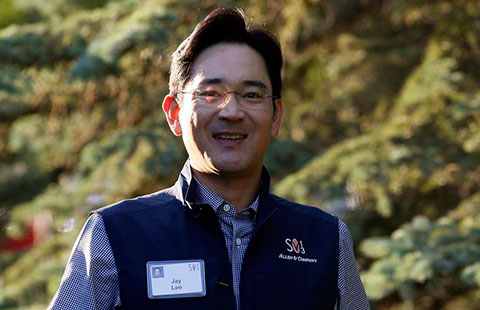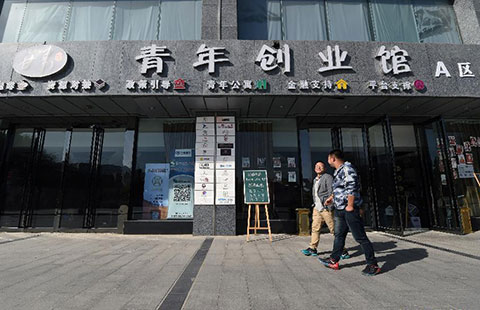Chinese firm in legal bid to overturn New Zealand govt land sale decision
(Xinhua) Updated: 2015-10-15 14:43WELLINGTON - A Chinese-owned food company said Thursday it will challenge the New Zealand government's rejection of a proposed farm purchase in court.
Pure 100 Farm Ltd, a subsidiary of Shanghai Pengxin, said it would seek a judicial review of the government's decision last month to decline its application to buy the 13,800--hectare Lochinver Station in the central North Island.
Terry Lee, director of Milk New Zealand, also a subsidiary of Shanghai Pengxin, said the aim of the review was to obtain clarity on the "counterfactual" requirement used to assess sales of farmland larger than five hectares to overseas buyers.
The counterfactual requires the government's Overseas Investment Office (OIO) to compare the benefits of an overseas bid against the benefits anticipated from a domestic owner.
Judgement had to be made as to whether counterfactual was the status quo, ownership remaining with the current owners, or whether the property would have been sold anyway to a well--funded and competent New Zealander, Lee said in a statement.
The latter counterfactual had been applied and had a material impact on the assessment of benefits of the proposed purchase of Lochinver Station.
"Our development plan for Lochinver was to invest a further NZ$20 million ($13.65 million) over and above the purchase price for the property, and to create at least an additional six positions, an increase of 30 percent above the status quo, in addition to improved environmental, health and safety and community outcomes. This has not been contested by the Overseas Investment Office," said Lee.
"However, when compared to a hypothetical New Zealand purchaser, who was assumed to be able and willing to do the same investment as ourselves, the benefit of our application was 'calculated' to be only a net benefit of NZ$3 million ($2.05 million) of additional capital investment, while the net number of new positions was 'calculated' to be one fixed term part--time position and some new short--term contracting positions."
Pure 100 argued that the status quo should have been the correct counterfactual in assessing its application, as the vendor made it clear to the OIO that it required a certain price, that offered by Shanghai Pengxin, for the farm to justify its sale.
This would have allowed reinvestment in the vendor's other New Zealand businesses, with consequential benefits in job creation and productivity, and the vendor told the OIO that it would not undertake the capital investment proposed by Pure 100.
- Chinese visitors help boost New Zealand accommodation sector
- Dairy farmers in New Zealand hit by China's slowing economy
- New air link to boost China-New Zealand economic, people links
- Chinese company looks to add value to New Zealand forest exports
- Chinese firm proposes $2b fund for Christchurch quake rebuild
- Leap in Chinese tourists drives record New Zealand visitor numbers
- Chinese firm in legal bid to overturn New Zealand govt land sale decision
- Changing Chinese economy 'big opportunity' for New Zealand: Finance chief
- China's Belt and Road Initiative benefits world: experts
- Low inflation data reverses winning streak in equities
- Wanda's Wang Jianlin takes back the richest crown from Alibaba's Jack Ma
- NDRC approves 218 fixed asset investment projects worth $285b
- China Jan-Sept outbound direct investment surges
- China-Pakistan Entrepreneurs International Seminar opens in Beijing

















